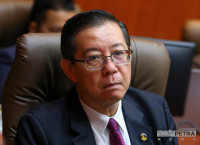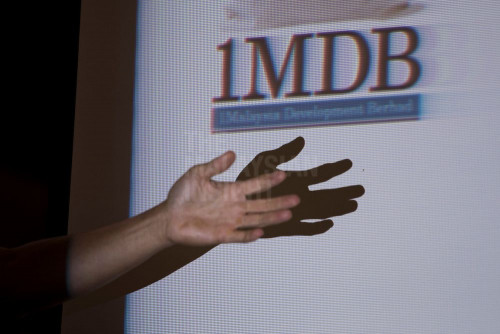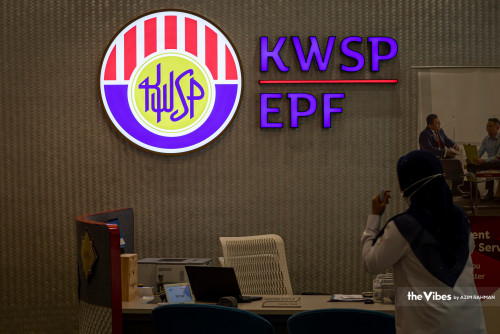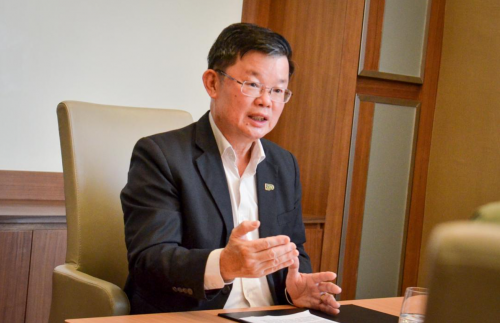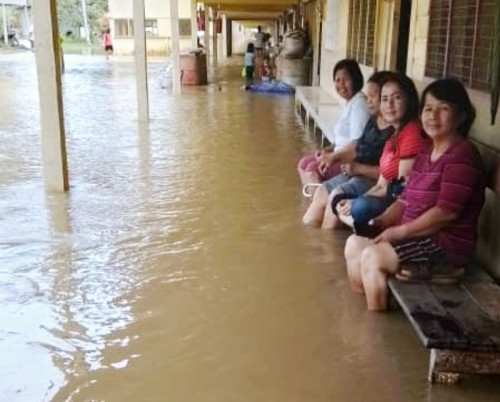THE difficulties experienced by students of Limkokwing University of Creative Technology (LUCT) may cause severe collateral damage to the reputation of the Malaysian higher education sector, particularly private universities.
All higher education institutions (HEIs) may be “tarred with the same brush”. The risks exposed by the LUCT episode, and especially the apparent lack of help from the university or regulators, will make students, especially foreign ones, cautious about what they are being offered.
News travels fast, and bad news travels fastest, so this episode will be communicated widely to current and prospective students, and may have a bad effect on enrolments, which are already decimated by the impact of Covid-19.
Student protection
The ethos of HEIs, and of the higher education sector as a whole, must be regulated, but the Malaysian Qualifications Agency (MQA) is not necessarily the body to do this. Most importantly, it is not independent because it is a government agency.
Independence is important. For example, student protection in England is looked after by the Office for Students (OfS), which is the independent regulator of higher education. The role of OfS is to make sure all students have a fulfilling higher education experience that enriches their lives and careers.
One of the most important tools of OfS is the “student protection plan” that requires all universities to detail the steps they will take to ensure the continuation of studies when there is a possibility that a course or campus might close. It also details refund and compensation policies, and specifies how the university or college will communicate with students if a course is to end, especially giving enough advance notice to allow students to adjust their plans.
OfS can also use “student protection directions” that allow it to require a university or college to have and implement a “market exit plan” for course closures to ensure a smooth transition for existing students. OfS has statutory powers to intervene, but its most powerful weapons are transparency, independence, and the use of data to help the sector succeed rather than punish it for failure.
Independent regulator
Recently, former education minister Maszlee Malik mooted the re-establishment of the National Council of Higher Education, which is actually already established in law under the National Council of Higher Education Act 1996.
In principle, this body can take on the role of an independent regulator, similar to that of OfS in the United Kingdom. My greatest fear, based on my experience here in Malaysia, is that it would be captured immediately by vested self-interests and “grumpy old men”.
No one who is at all independently minded, outspoken, or critical of government policy or the status quo would ever be appointed. Even vocal advocates for high standards and student protection would be quickly silenced if they received government salaries, pensions and benefits.
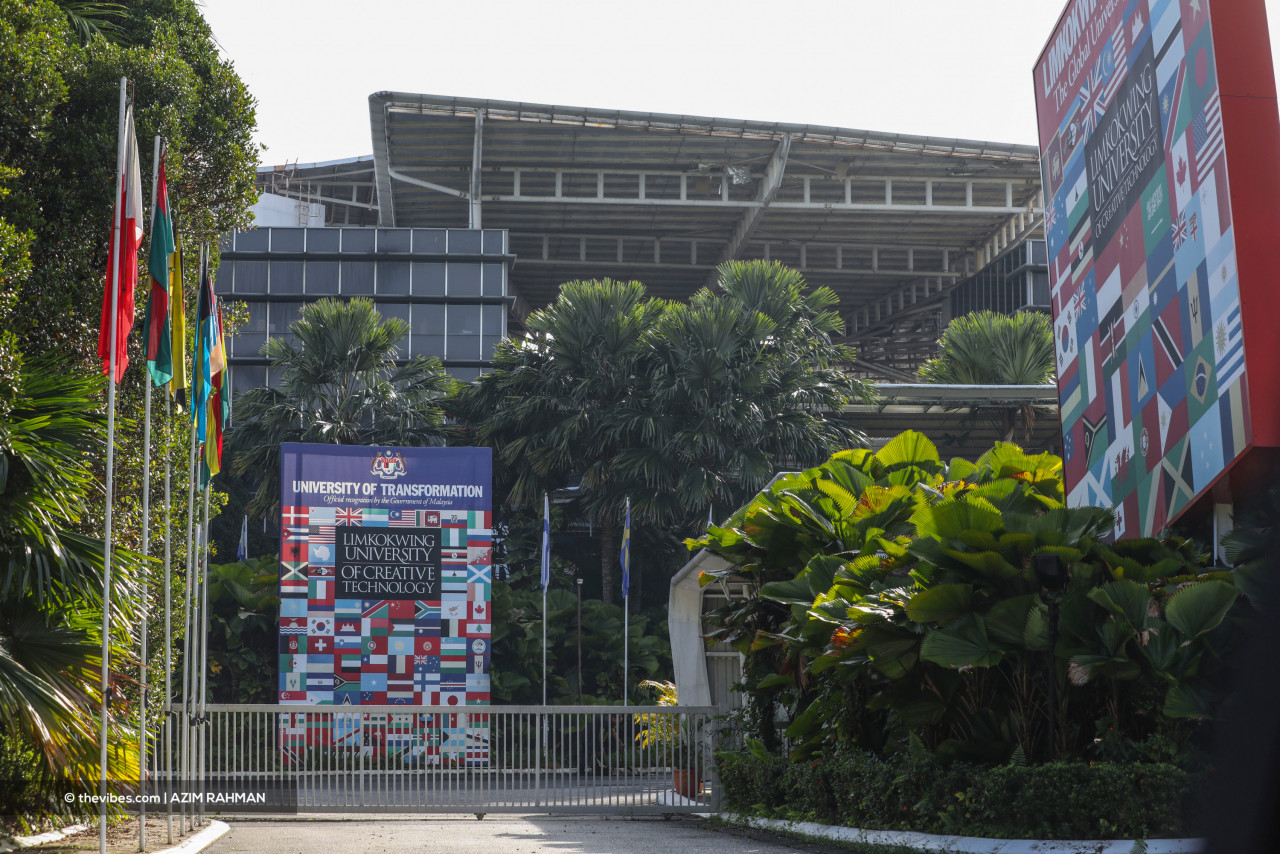
Improving transparency
Of course, as is normal in Malaysia, it is not necessary to reinvent new processes, as many of the required regulations are already in place, but simply not implemented properly.
For example, all stakeholders, including students as the main stakeholder group, must have free and open access to existing statements of rights and protections within university regulations, such as its constitution or student charter. These documents are required under Act 555 (on private HEIs) and MQA regulations, and they must be submitted in MQA audit documents.
At almost all universities in Malaysia, they are often concealed from students and staff to prevent them from taking action under existing regulations and knowing their rights in an open and transparent manner. When students sign up for courses, they are often bound by waivers for “course changes due to unforeseen circumstances”, or are excluded from seeking outside help due to non-disclosure agreements and no-liability clauses in student contracts. Students are also often actively or passively threatened.
Failing MQA audits
It is this type of ethos that is important in understanding why universities fail MQA audits. In my 18 years of experience in Malaysian higher education, the most likely reason for this is a breakdown of trust and respect between the university and its own faculty and staff.
MQA accreditation and reaccreditation audits are essentially document checks and interviews with stakeholders to assess whether a course complies with MQA’s minimum requirements. They are mostly routine, so if a course fails, it often reflects a lack of interest from internal stakeholders, such as managers and teaching staff, in providing the required material to meet the minimum standards.
In cases where academic and administrative staff are poorly motivated – for example, when you have vulnerable, precarious faculty appointments on short-term contracts, low pay, and a lack of engagement or feeling of belonging – you don’t get full cooperation during the MQA audits. In the case of LUCT, there have long been stories in the public domain of disaffected faculty members and students, so I think this may be a factor.
So, part of the solution to look after students’ interests is also to look after the interests of faculty and administrative staff, who may be working in a toxic, precarious environment.
Cooperation, not turf wars
Far too often, the relationship between MQA, university managers and owners, and the ministry is poor, sometimes even adversarial. My experience is that MQA assessors are actually very professional and interested in conducting effective audits, but when they give constructive criticism, the response from senior university managers and owners is often hostile.
We need to end this, and encourage a sense of cooperation and common purpose. We don’t have that when the aim of university owners is to make money, and the aim of MQA is to maintain standards.
Change in attitude
In the end, the question of quality and student protection is a question of the attitude of everyone involved in higher education. Students are not just customers, but full members of our community. They are not subordinates, nor are they to be treated like children. Our students are adults who deserve full respect, and to be treated as equals. Until we change this attitude, we will never produce world-class higher education in Malaysia. – The Vibes, July 11, 2021
Geoffrey Williams is a professor at Malaysia University of Science and Technology





_and_British_Council_Malaysia_director_J.jpg)




